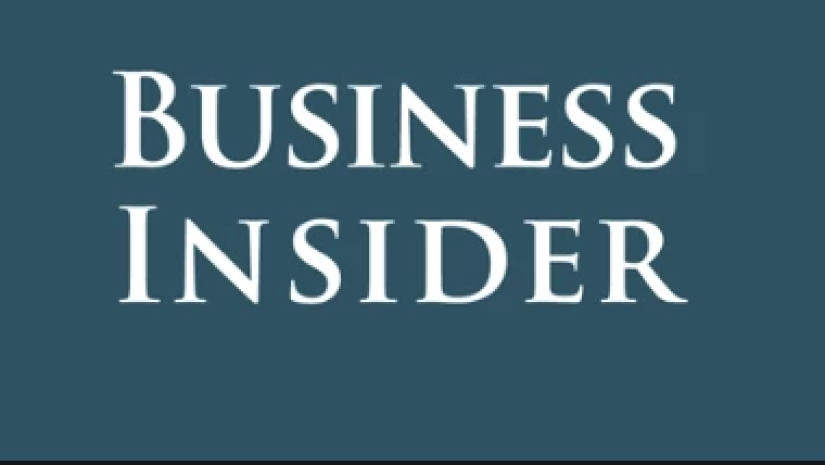Premium research service agency Business Insider Intelligence publishes a report, where four ways are named how coronavirus pandemic will affect the digital media and marketing worlds.
1.Global media ad spending is likely to take a hit due to the coronavirus, according to newly revised eMarketer estimates, but for now nearly all of the related slowdown is attributable to China alone. In 2020, eMarketer expects total media ad spending worldwide will reach $691.7 billion, up by 7% from 2019, per its updated forecast. That's a decrease from eMarketer's previous forecast, which estimated worldwide ad spending would rise by 7.4% to $712.02 billion this year. eMarketer's new forecasts were completed on March 6 2020 and represent a full-year outlook.
2.The spread of coronavirus is likely to boost digital media consumption across the board as people spend more time at home and communicate in person less.
• Social networks could be a major beneficiary, as people turn to these platforms to connect with friends and family who may be at a distance or to access news content. Beyond encouraging more virtual conversation between family and friends, the fast-changing nature of the coronavirus could translate to more users tracking realtime news updates via social media. Despite the concerns they may have about tech companies' ability to act as a reliable information source, more than half (55%) of US adults got news from social media often or sometimes in 2019, up from 47% in 2018, per Pew Research Center. For context, in November 2019, eMarketer estimated that US adults ages 18 and older would spend 54.56 minutes per day on social networks in 2020.
• Media platforms popular among young people could see a boost as kids and teens spend more time indoors, and in particular if school closures spread further. A few examples: family-friendly SVOD like Disney+; social platforms favored among young people like TikTok and YouTube; community-based live-streaming platforms like Twitch; and interactive platforms like Fortnite, where young people go to hang out and explore virtual worlds.
3.The cancellation of in-person esports events will almost certainly put a dent in global esports revenue, and it could also deal some advertisers a blow. Although most esports viewership takes place via live-streaming platforms like Twitch, live, in-person events are a crucial part of the esports economy: Merchandise and ticket sales accounted for an estimated 10% of global esports revenue in 2019, per Newzoo. These competitions happen worldwide, with events at local and international levels and involving both amateur and professional gamers, and can sell out conventional sports stadiums in seconds. And, as with many other in-person events slated to occur over the next few weeks or months, many have been canceed due to the coronavirus pandemic — we rounded some of those up here. Most notable among the cancellations was IEM Katowice, one of the largest and most lucrative esports events on the planet: It drew in174,000 fans in 2019, equating to an estimated $39 million in ticket sales. For the events that aren't canceled entirely but instead moved online only, sponsors and advertisers should be able to keep their spots with little disruption — again, while esports events are popular, the overwhelming majority of viewership happens online rather than in-person. But for the events that are canceled, involved brands will have to reassess how to reach the audience they were targeting. Two potential ways of doing so: influencer marketing via popular gaming livestreamers; buying ads with any of the gaming-focused live-streaming platforms, like Twitch, Facebook Gaming, YouTube Gaming, Mixer, or even upstart Caffeine.
4. Coronavirus-driven event cancellations will spur marketers to explore digital alternatives and more event-like content promotion. The loss of notable industry events like Mobile World Congress, Facebook F8, and the Adobe Summit can have significant costs for both conference hosts and the attendees: 53% of US B2B marketers consider in-person events and tradeshows an effective channel for driving conversion, according to a January 2020 survey from Demand Gen Report. Whether its client and customer meetings, dinners, or informal gatherings, the lack of personal touchpoints this year will likely have a significant impact on sales rates and lead generation, something eMarketer Principal Analyst Jillian Ryan pointed out here. Marketers will have to get creative to find opportunities to deliver personal experiences to clients and customers from a distance — here are two ways they're approaching it:
• Marketers are exploring the potential of virtual events. Even outside of the current context, digital conferences have some advantages over in-person events — they're easily scalable and the hosts can have greater control over the proceedings. And early evidence suggests consumers and clients are willing to attend less high-profile virtual events: Virtual exhibition platform V-Ex reported that over 50,000 people have recently visited its online digital trade shows and sales environments. Over the next few months, Adobe, Facebook, Google, and YouTube will all host virtual versions of their popular conferences, which should give us a better sense of the format's potential as a replacement.
• Marketers are distributing content in a format that is more eventlike. The core component of events for most marketers is the distribution of some form of content, whether it's information about new products, a new business strategy, or a chance to build thought leadership. The wave of event cancellations is leading some marketers to reevaluate how they currently distribute digital content and consider emulating the personalized experiences provided by live events. To that end, Randy Frisch, CMO of content experience platform Uberflip told Business Insider Intelligence that a key aspect of such strategies is "maintaining personalization over the entire course of the buyer journey as a potential client moves through a company's content." The trend could also place more emphasis on account-based marketing strategies, where marketers tailor content campaigns to smaller sets of target accounts, as opposed to the more organic approach typically relied upon in in-person settings.














